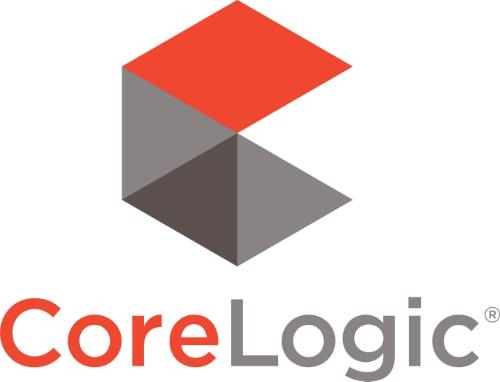Advertisement
FTC to Examine the Practices of Data Analytics Provider CoreLogic

The Federal Trade Commission (FTC) has issued orders requiring nine data brokerage companies to provide the agency with information about how they collect and use data about consumers, among them, mortgage industry data and analytics provider CoreLogic. The agency will use the information to study privacy practices in the data broker industry. Data brokers are defined as companies that collect personal information about consumers from a variety of public and non-public sources and resell the information to other companies. In many ways, these data flows benefit consumers and the economy; for example, having this information about consumers enables companies to prevent fraud. Data brokers also provide data to enable their customers to better market their products and services.
In addition to Corelogic, the other data brokers receiving orders from the FTC include: Acxiom, Datalogix, eBureau, ID Analytics, Intelius, Peekyou, Rapleaf and Recorded Future. The FTC is seeking details about:
►The nature and sources of the consumer information the data brokers collect;
►How they use, maintain, and disseminate the information; and
►The extent to which the data brokers allow consumers to access and correct their information or to opt out of having their personal information sold.
Earlier this year, the FTC called on the data broker industry to improve the transparency of its practices as part of a Commission report, Protecting Consumer Privacy in an Era of Rapid Change: Recommendations for Businesses and Policymakers. In the Privacy Report, the FTC set forth a voluntary framework of best practices for businesses based on the concepts of privacy by design, consumer control, and increased transparency for the collection and use of consumer data. The Report noted that while data brokers collect, maintain, and sell a wealth of information about consumers, they often do not interact directly with consumers. Rather, they get information from public records and purchase information from other companies.
As a result, consumers are often unaware of the existence of data brokers as well as the purposes for which they collect and use consumers’ data. This lack of transparency also means that even when data brokers offer consumers the ability to access their data, or provide other tools, many consumers do not know how to exercise this right. There are no current laws requiring data brokers to maintain the privacy of consumer data unless they use that data for credit, employment, insurance, housing, or other similar purposes.
The FTC will use the responses it receives to prepare a study and to make recommendations on whether, and how, the data broker industry could improve its privacy practices. The Commission is authorized to issue Orders to File a Special Report by Section 6(b) of the FTC Act.
About the author




